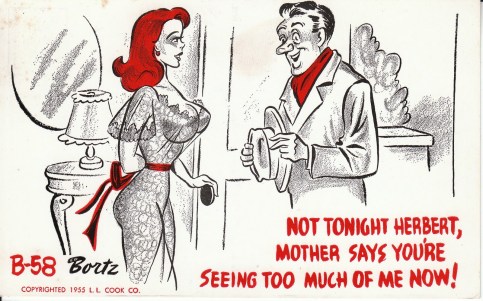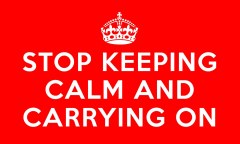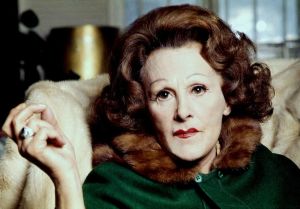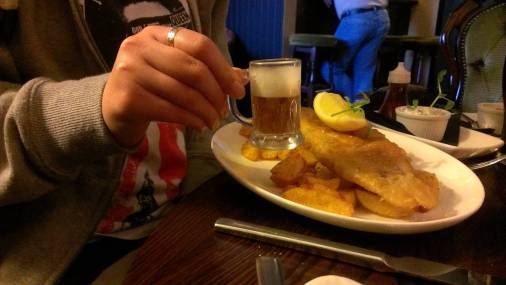
In Brazil I’m known as a ‘Brit’, but I don’t know what the term means. I have a British passport, and yet I’m as English as a wet Sunday in Wakefield. If I was Welsh, Irish or Scottish, there is no way I would refer to myself as ‘British’. I would be proud of my nationality and make sure everybody knew I was not to be lumped together with the dreaded English! But, like it or not, I am not from any of those other, satellite countries, I am from England’s green and pleasant land.

So, if I defiantly refer to myself as English, what do I mean by that? What is special about me? How is an English person identifiable? At the risk of unearthing a Pandora’s Box of stereotypes, I would like to suggest that the English do have certain characteristics that set them apart. This week I gave a talk about ‘Englishness’ to a group of Brazilian undergraduates, so I had to make an effort to find something tangible about the English that I could explain to them.
So, here is a list of characteristics and quirks I jotted down on the back of a buff envelope on the bus last Tuesday:
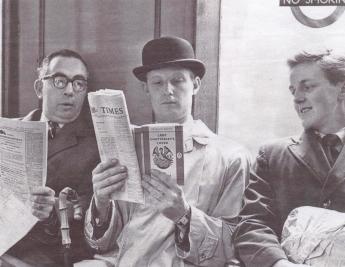
Sense of Humour: anathema to the English sensibility are people who take themselves seriously. That’s because we have an acutely-developed sense of irony and human folly. Showing off is sneered at mercilessly: ‘Who do you think you are?’ Self-deprecation is the English charm. That and satire, parody and general mischief-making. You should never be able to tell when an Englishman is being serious.
Writing: this is where irony pervades, from Shakespeare and Jane Austen to newspaper columnists and song lyrics. Through irony, the English reader, sitting on the Clapham omnibus, is able to smile at the intended victim and at herself. Irony is the distance we need from other people and their ridiculous behaviour; but it also mirrors our own pretentions and weaknesses.
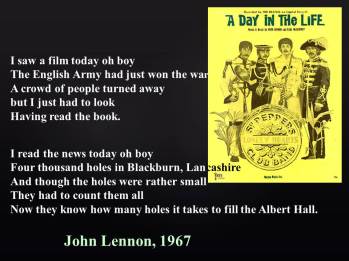
Music: ‘quiet desperation is the English way’ sang Pink Floyd (nicked from Thoreau, I’ll have you know), but my touchstone for English rock is John Lennon’s A Day in the Life, a gloriously random, satirical swipe at English institutions which could have been spoken by a Shakespearean fool. Why are the English good at pop and rock? Because the good ones see through the bull. Take another look at the anarchic God Save the Queen by the Sex Pistols. A fascist regime?
Acting: former director of the Royal Shakespeare Company, Sir Peter Hall, famously quipped that the English were a nation of philistines who happened to be good at the arts. Mention the words ‘theatre’ or ‘opera’ down the pub and seconds later you will be nursing your pint alone and red-faced. But the English are born actors because they need masks to hide behind. England is a stage and everybody is having you on – that way the messy, emotional baggage can stay safely in the locker.
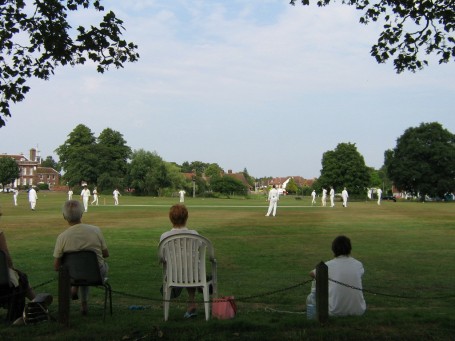
Sport: forget football and rugby, the true English sport is cricket. All those school beatings and repressed sexuality come surging out on the village green where sado-masochism rules: the bowler wants to maim the batsman, and the batsman has to be deranged to face a 100 mile-an-hour missile whooshing towards his unmentionables. Besides, only the English could devise a game that lasts until the middle of next week.
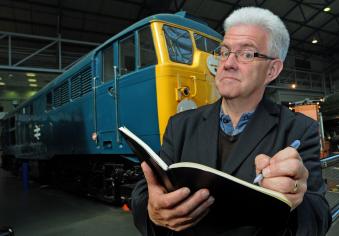
Hobbies: of course the English have hobbies – what else are we going to do cooped up in the house for 9 months? Train set builders, matchstick guitar makers, beer brewers, you name it. Most of us collect and hoard stuff to pore over through those long dark nights, filling little libraries with jumble-sale LPs and Narnia books.
DIY: an Englishman is a chimpanzee with a screwdriver. Pay somebody to fix my dripping tap? – you must be joking! Rewiring, plumbing, laying floors – us blokes are too proud to let you think we can’t sort it ourselves. The result? Most English ‘homes’ are jerry-built death traps.
Politics: conservative with a small ‘c’ it’s true, though the English despise authority and have a rebellious spirit: inside every timid gill-sipper is an angry young man barking to get out. Oddly, the most popular institution in England is a pure socialist invention: the NHS.
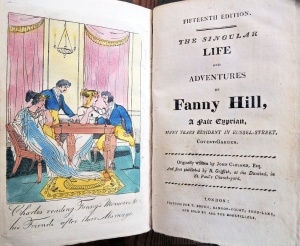
Religion: the Anglican church, with all those robes and closet Catholics, is for wusses – the true English religion has always been hard-nosed nonconformism. With their wilful work-ethic, tasteless food, matronly black looks and a horror of the human body, the Puritans have spread guilt and shame far and wide in the ‘Sceptred Isle’. Many were those poor creatures who topped themselves rather than face the vicar’s wrath once their grubby copy of Fanny Hill had been discovered under the mattress.
This is where the list runs out, folks, though I cannot end this portrait without mentioning the secret that dare not speak its name: the English are obsessively tight-fisted and can spot a ‘rip-off’ a mile away. When an English person walks into a supermarket they make a beeline for the ‘Special Offers‘, even if it means eating a dinner of mini pork pies mixed with chicken korma and week-old sherry trifle.
Bearing all this in mind, you can surely forgive me for not being patriotic. But when the Three Lions sing the national anthem on the football field the hairs on the back of my neck refuse to stay down. The strangest thing is I always feel proud to see 3 or 4 black players in the England team. Why?
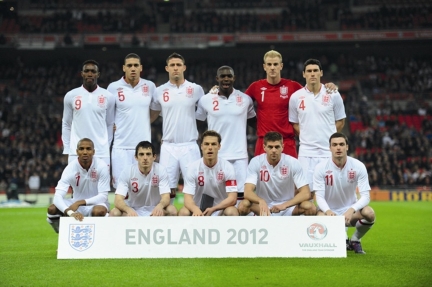
I think it must be that I want the world to recognise that England has always been a country of invasion and immigration, from the Jutes and Guilherme the Conqueror to the Windrush Caribbeans and the parents of Amir Khan. England was never a land of quaint villages and polite white nobodies; all such images are, by definition, imaginary. In my experience, most English people have a dynamic, but healthy, love/hate relationship with the place. The London-based Jamaican poet Linton Kwesi Johnson once wrote a poem called Inglan is a Bitch. I think I know what he means.
